Humanity vs. AI? Explore How We Thrive in the Age of Artificial Intelligence. Unveiling the future of human-AI coexistence. Discover how AI empowers us, enhances our creativity, and strengthens our core values. Embrace the exciting possibilities!
The other day, I was having a conversation with my Uber driver (let’s call him John) when he glanced at my phone and chuckled. “Talking to your robot girlfriend again?” he teased.
Caught slightly off-guard, I explained that I was just interacting with a new chatbot app, one of those remarkably smart AI programs that can hold surprisingly realistic conversations.
John wasn’t impressed. “Just wait,” he said with a knowing grin, “next thing you know, those robots will be driving us around.”
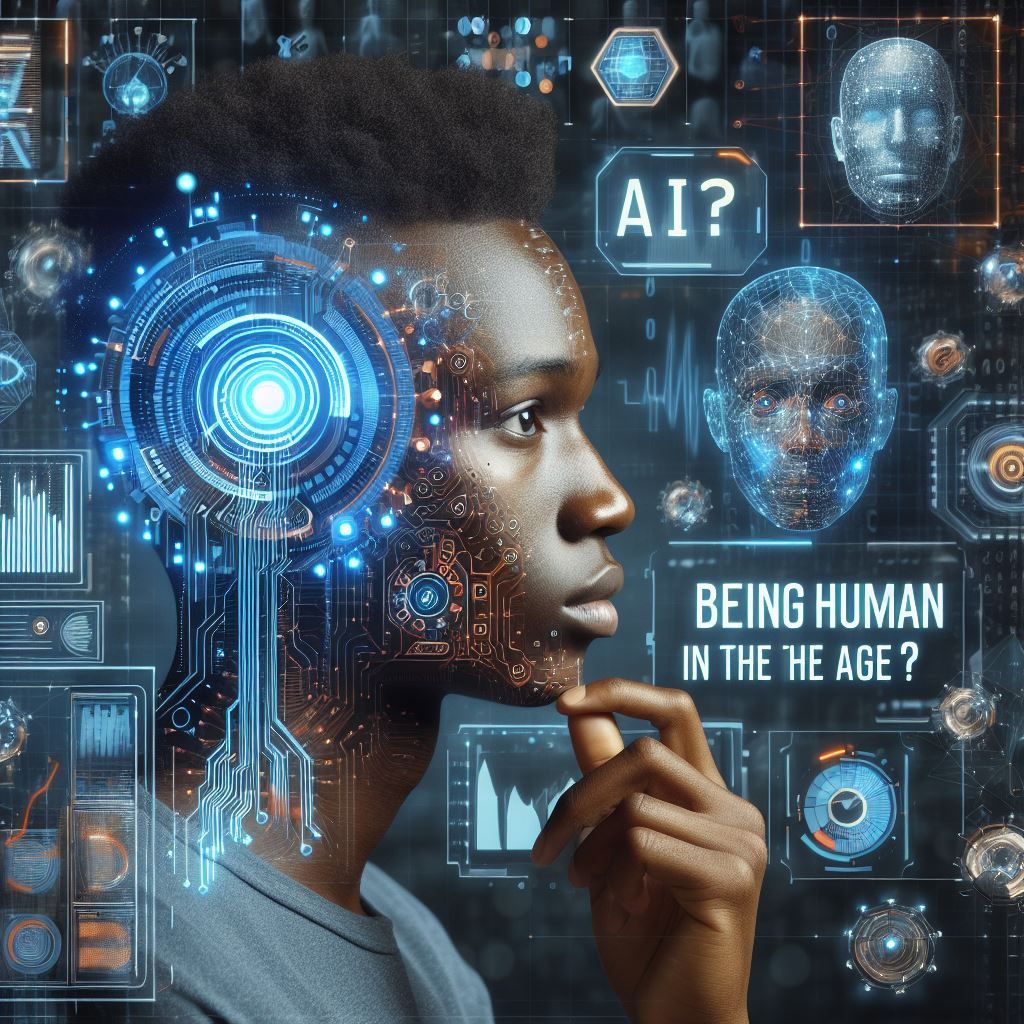
That little exchange got me thinking. We’re living in an extraordinary time. Artificial intelligence isn’t just science fiction anymore – it’s woven into the fabric of our daily lives.
AI translates our rants in foreign languages, recommends movies we might love, and sometimes even writes snippets of our emails for us. But what happens when AI gets even smarter?
What does it truly mean to be human in the age of Artificial Intelligence (AI)?
The Age of A.I. – Age of Artificial Intelligence
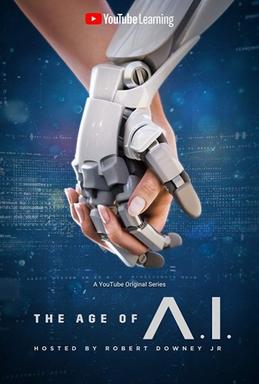
The term “Age of Artificial Intelligence” or “The Age of A.I.” refers to the current era in which artificial intelligence (AI) technologies have significantly advanced and are becoming increasingly integrated into virtually all aspects of our lives. Here’s a breakdown of why we call it that:
Key Characteristics of the Age of Artificial Intelligence:
- Breakthroughs in Machine Learning: Advancements in machine learning (particularly deep learning), coupled with access to massive data sets and powerful computing resources, have enabled AI systems to surpass human performance in tasks like:
- Image recognition
- Natural language processing
- Game playing (Chess, Go, etc.)
- Widespread Adoption: AI is no longer confined to research labs. It’s found in everyday products and services:
- Virtual assistants (Siri, Alexa)
- Product recommendations (Amazon, Netflix)
- Self-driving car technology
- Medical diagnosis tools
- Transformation of Industries: AI is revolutionizing how businesses operate across sectors:
- Manufacturing: Improved efficiency and predictive maintenance.
- Healthcare: Faster diagnosis, personalized treatment plans.
- Finance: Algorithmic trading, fraud detection.
- Customer Service: Chatbots and automated support.
- Ethical Considerations: As AI gets more powerful, it raises complex questions about:
- Bias and fairness in algorithms
- Potential job displacement
- Privacy and data use
- Autonomous weapon systems
Why is it Significant?
The Age of Artificial Intelligence marks a turning point in technological development, with potential impacts comparable to previous industrial revolutions. AI has the power to:
- Solve complex problems that were previously intractable.
- Drive automation and efficiency gains across industries.
- Unlock new forms of creativity and innovation.
- Raise the standard of living.
However, it’s equally important to address the challenges that come with AI, ensuring that it’s developed and used responsibly, ethically, and for the broader benefit of society.
The Fear Factor: Are the Robots Coming for Our Jobs?
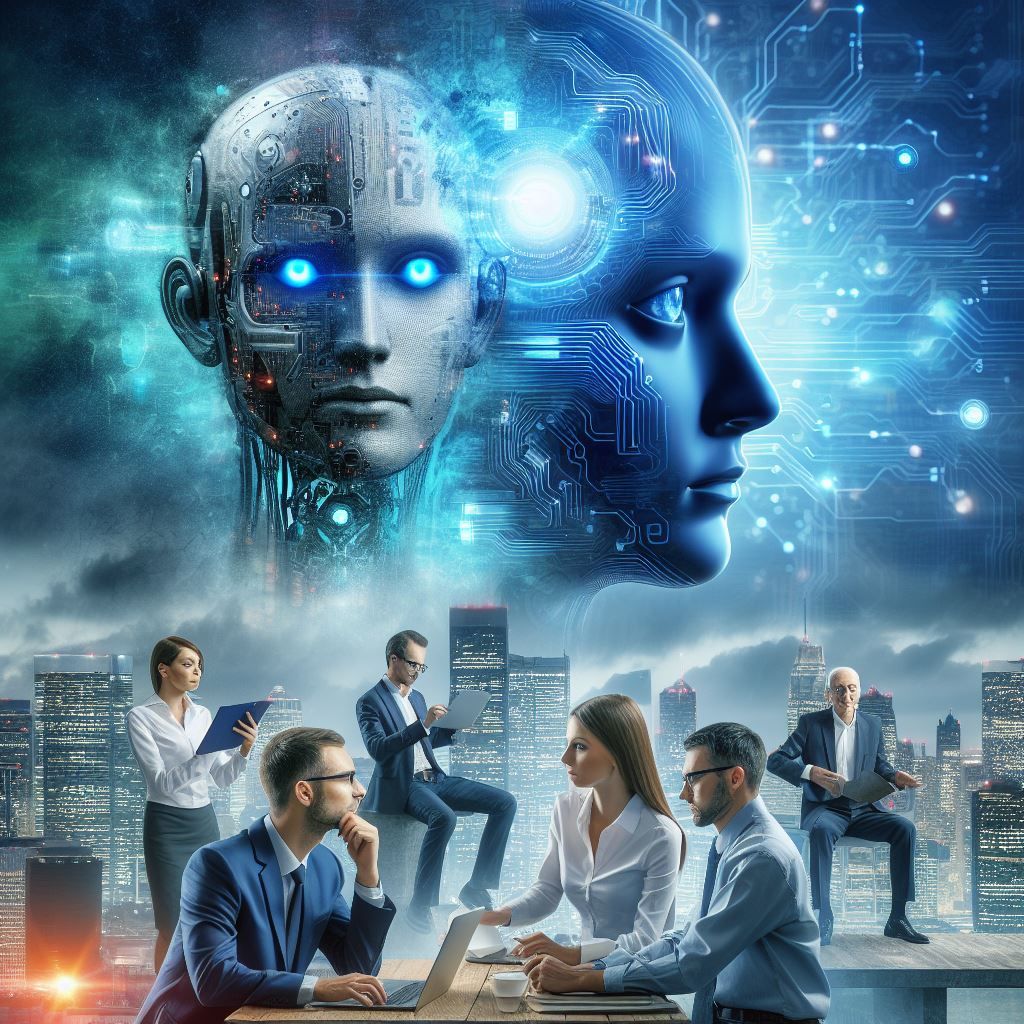
Let’s be honest – there’s a healthy dose of fear mixed into our fascination with AI. I remember a few years back when my friend, an accountant, went into a panic after reading an article about AI software that could automate tax returns.
“I’ll be out of a job in a few years!” he lamented. He wasn’t alone. That fear, the worry that AI will replace us, is a common one.
There’s some truth to it.……
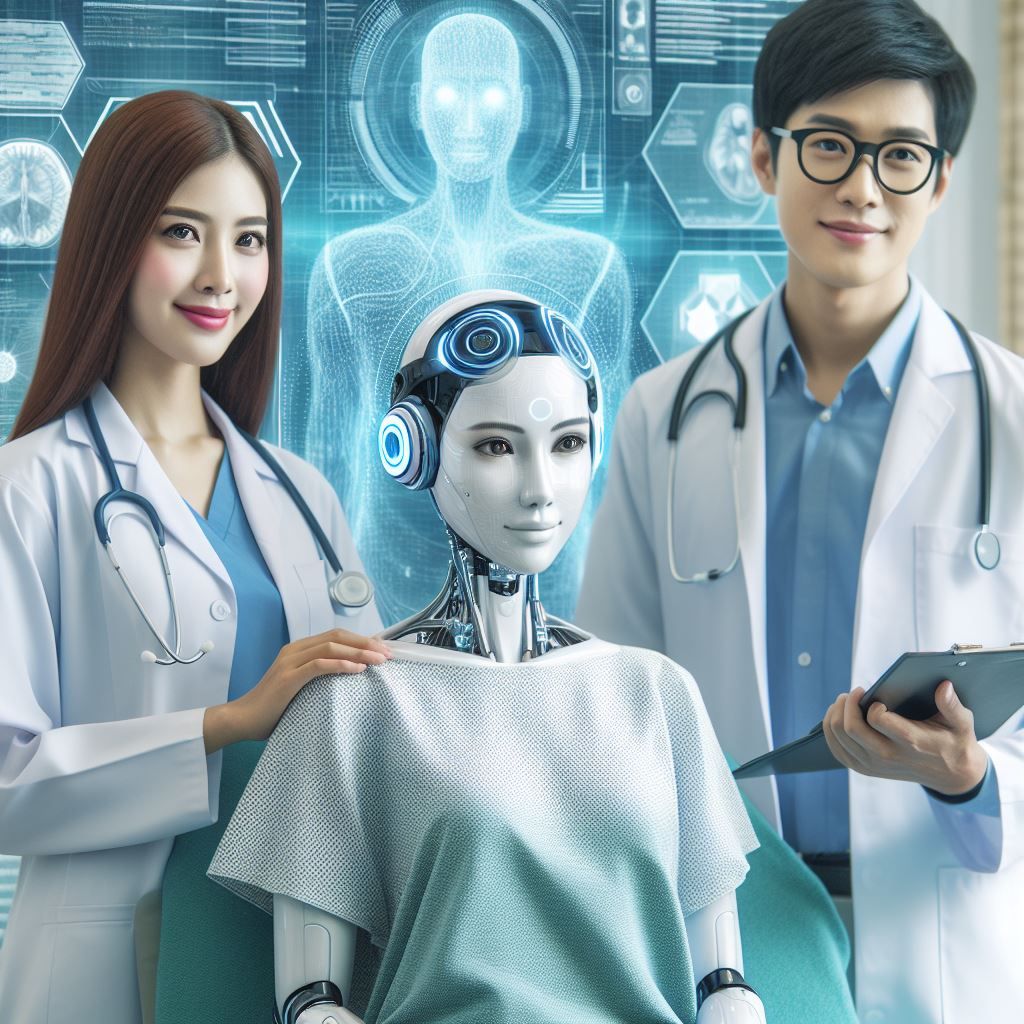
AI undoubtedly will change the nature of work. Many tasks we currently perform manually will become automated. But here’s what I find interesting: history shows us that technological revolutions often create more jobs than they destroy. It’s about adaptation.
Think of the industrial revolution—machines took over some jobs, but entirely new industries were born. The same is likely true for the AI revolution.
Uniquely Human: Where AI Falls Short
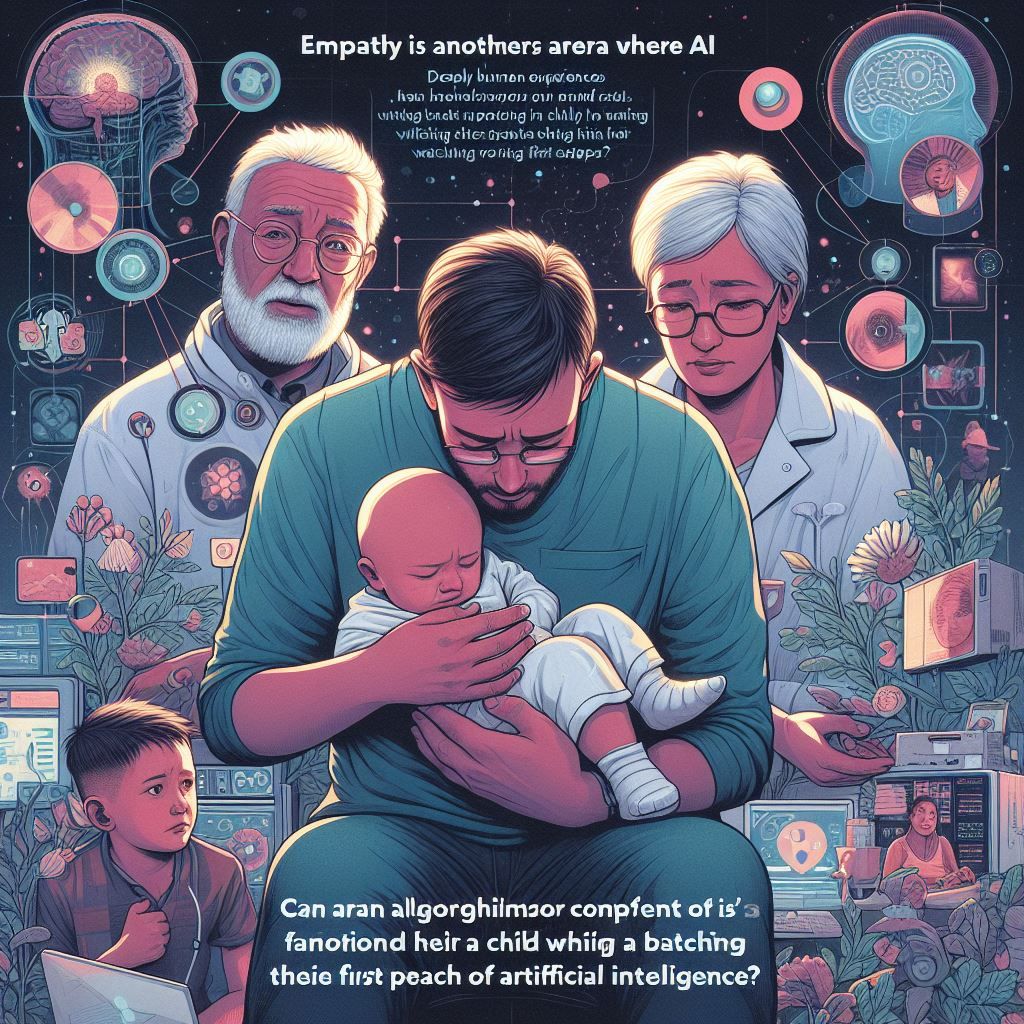
While AI continues to get astoundingly clever, it’s important to remember where the line is drawn. Take creativity. Can AI write a decent poem, compose a passable pop song, or even paint a landscape? Sure, within limits. But can a computer understand the pang of heartbreak that leads a poet to choose one metaphor over another? Can it feel the rush of inspiration that guides an artist’s brush? I don’t think so.
AI is based on patterns, on data. It excels at analysis, optimization, and prediction. But I firmly believe that true creativity stems from something else– from the messy, irrational, beautiful chaos of the human mind.
Empathy is another area where AI struggles. Can an algorithm comfort a friend who’s lost a loved one? Can it understand the complex mix of emotions a parent feels while watching their child take their first steps? Again, I believe those deeply human experiences are well beyond the reach of artificial intelligence.
The Ethical Puzzle: When AI Gets Too Smart
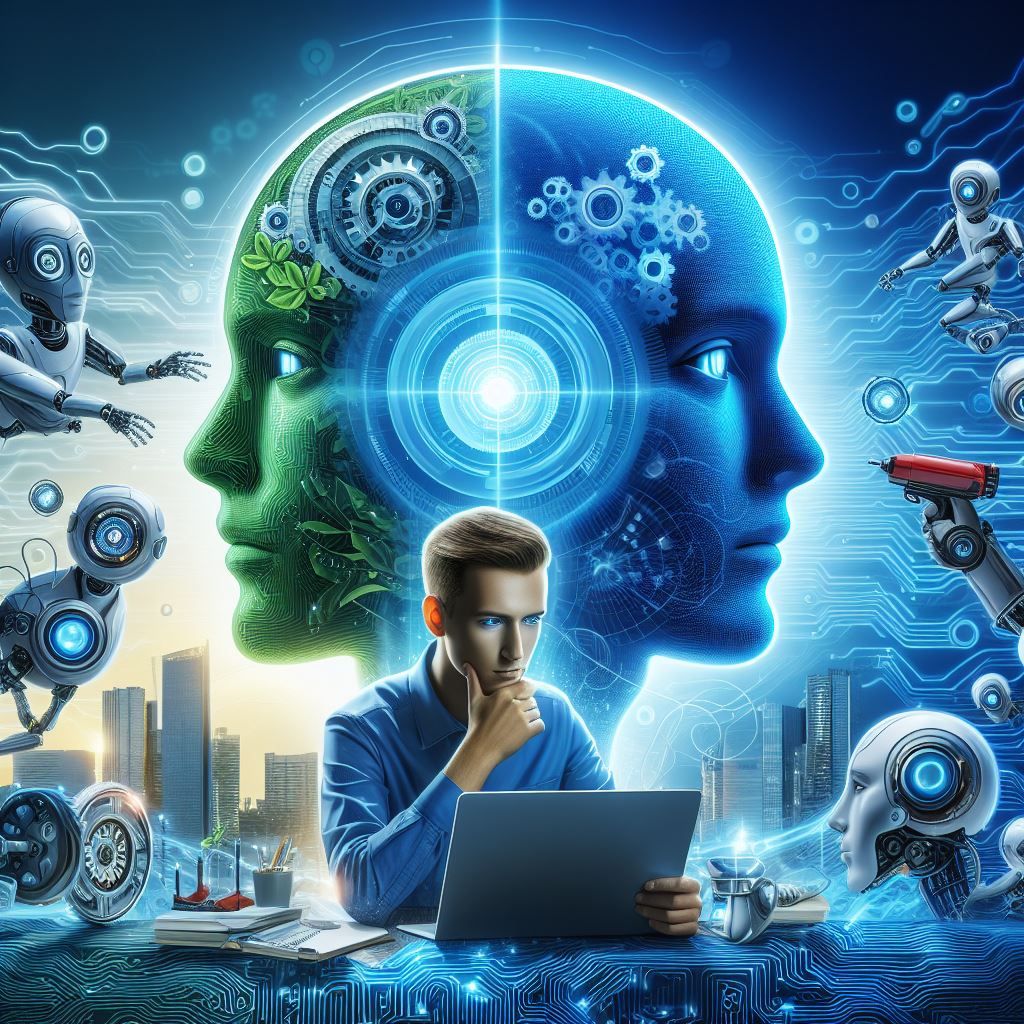
As AI becomes more sophisticated, we’ll face increasingly complex ethical dilemmas. Imagine a self-driving car faced with an impossible split-second decision: swerve to avoid a pedestrian and risk killing its occupants, or continue on its path and cause harm to others.
Who should program that decision? Should tech companies have that power? Should governments? Should the decision lie with the car’s owner, or even the AI itself?
Another challenge is bias. AI is trained on data, and our world, unfortunately, is full of biases that can easily creep into algorithms. We need to be extremely mindful of ensuring AI fairness and preventing it from perpetuating the inequalities that already exist in our society.
Embracing the Partnership between Human and Artificial Intelligence
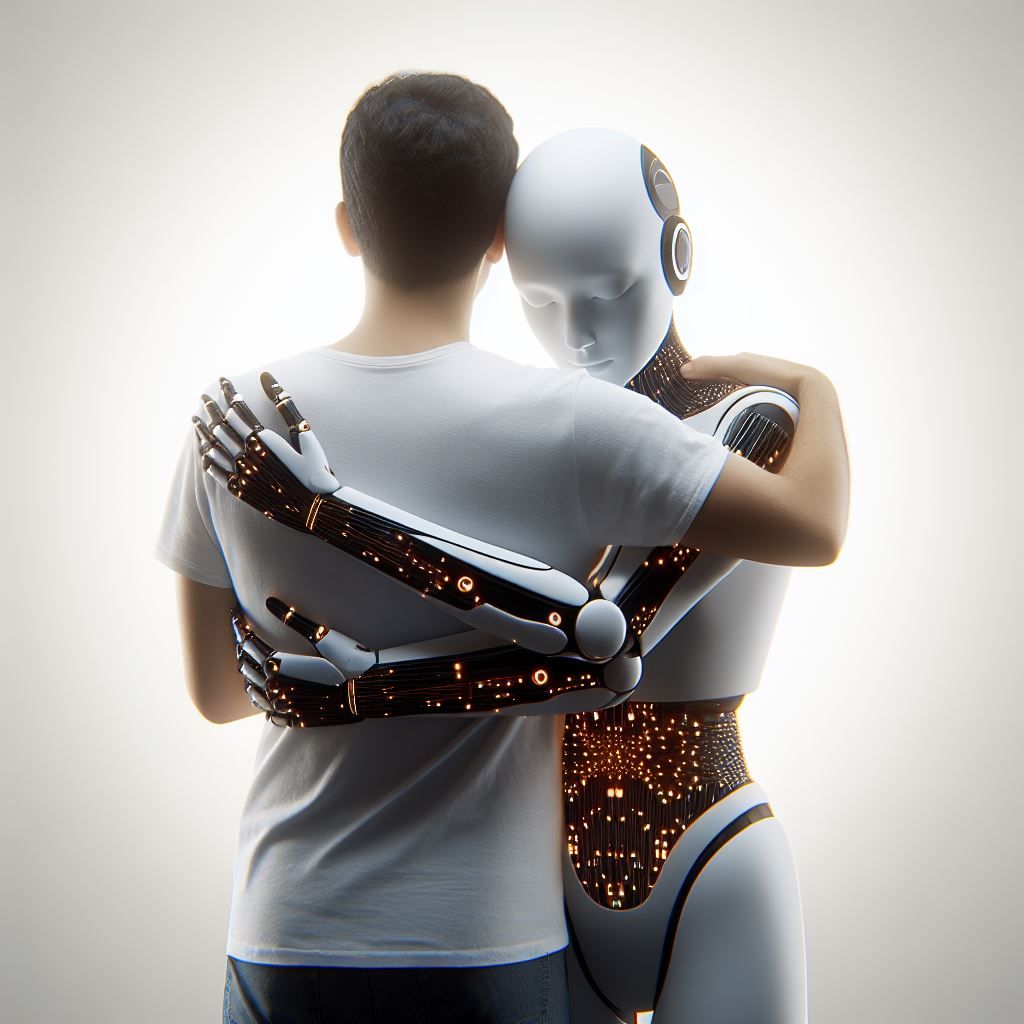
Rather than fearing AI or seeing it as a competition, I think the most productive approach is to embrace the human-AI partnership.
Let’s look at medicine, for instance. Imagine a doctor armed with AI that can analyze vast amounts of medical data, aiding in faster and more accurate diagnoses. Or in education, where AI-powered tutors can offer personalized learning experiences for each student.
The possibilities are exhilarating when AI becomes our collaborator rather than our competitor.
Discover more from Digital Wealth Guru
Subscribe to get the latest posts sent to your email.
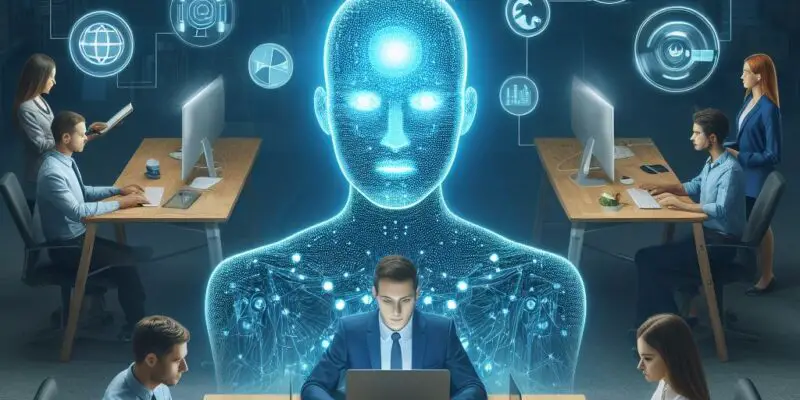
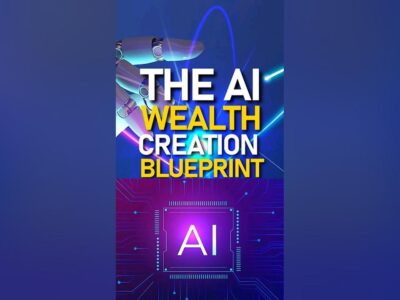

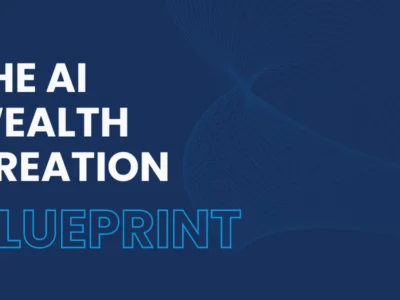
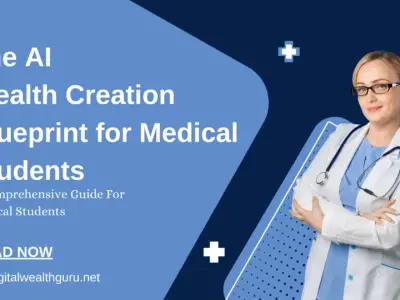
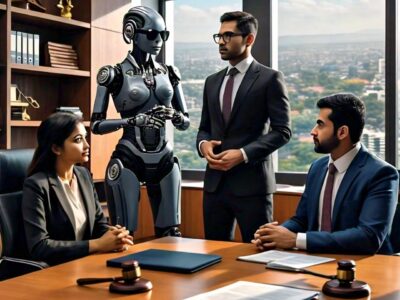
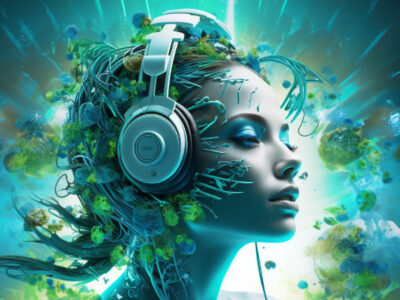

Comments